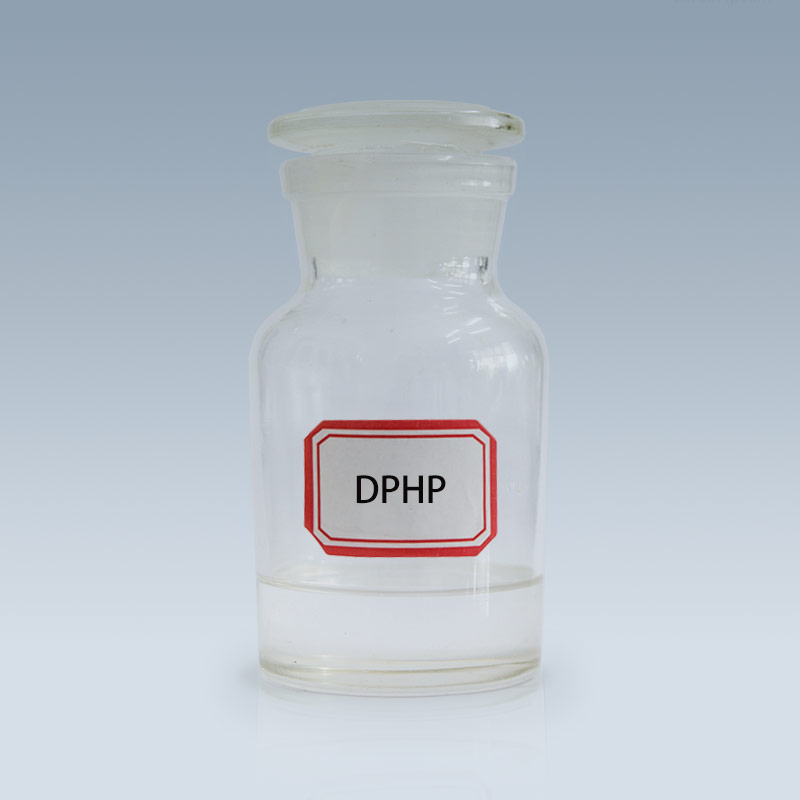Diisodecyl phthalate (DIDP for short) is an important organic compound belonging to the family of phthalate plasticizers. As a class of high molecular weight plasticizers, DIDP occupies an important position in many industrial fields with its excellent physical properties and chemical stability.
Chemical structure and properties
The chemical formula of DIDP is C28H46O4, which is synthesized by esterification of phthalic anhydride and isodecyl alcohol. Its molecular structure contains two long-chain alkyl groups (C10), which gives DIDP unique hydrophobicity and flexibility. Compared with low molecular weight phthalates (such as DEHP), DIDP has higher heat resistance, migration resistance and extraction resistance. These properties make it an ideal choice for high-performance plastic products.
DIDP has a low melting point (about -50°C) and a high boiling point (over 350°C). This wide temperature range enables it to remain stable under extreme conditions. In addition, the low volatility and good electrical insulation of DIDP further enhance its applicability in harsh environments.

Preparation process
The production of DIDP mainly relies on a two-step process. First, isodecyl alcohol is generated by the polymerization reaction of isobutylene; then, isodecyl alcohol is esterified with phthalic anhydride to finally obtain the target product. This process requires strict control of reaction conditions, including the selection of catalysts, reaction temperature and pressure, to ensure the purity and yield of the product.
In recent years, the development of green chemical technology has promoted the improvement of DIDP production process. For example, the use of solid acid catalysts instead of traditional liquid acid catalysts can not only reduce waste liquid emissions, but also improve reaction efficiency. At the same time, the research on the synthesis of isodecyl alcohol using bio-based raw materials also provides a new direction for future sustainable production.
Industrial application
DIDP is widely used in the polyvinyl chloride (PVC) processing industry, especially in wires and cables, automotive interior parts and flooring materials. Due to its excellent heat resistance and anti-migration properties, DIDP can significantly improve the service life and safety of PVC products. For example, adding DIDP to cable sheaths working in high temperature environments can effectively prevent the precipitation of plasticizers, thereby extending the life of the product.
In addition, DIDP is also used to manufacture products such as flexible films, medical devices and toys. Although some phthalates are subject to regulatory restrictions due to potential health risks, DIDP is generally considered to be less harmful to the human body due to its high molecular weight and low toxicity, and is therefore still widely accepted worldwide.



 English
English 中文简体
中文简体







